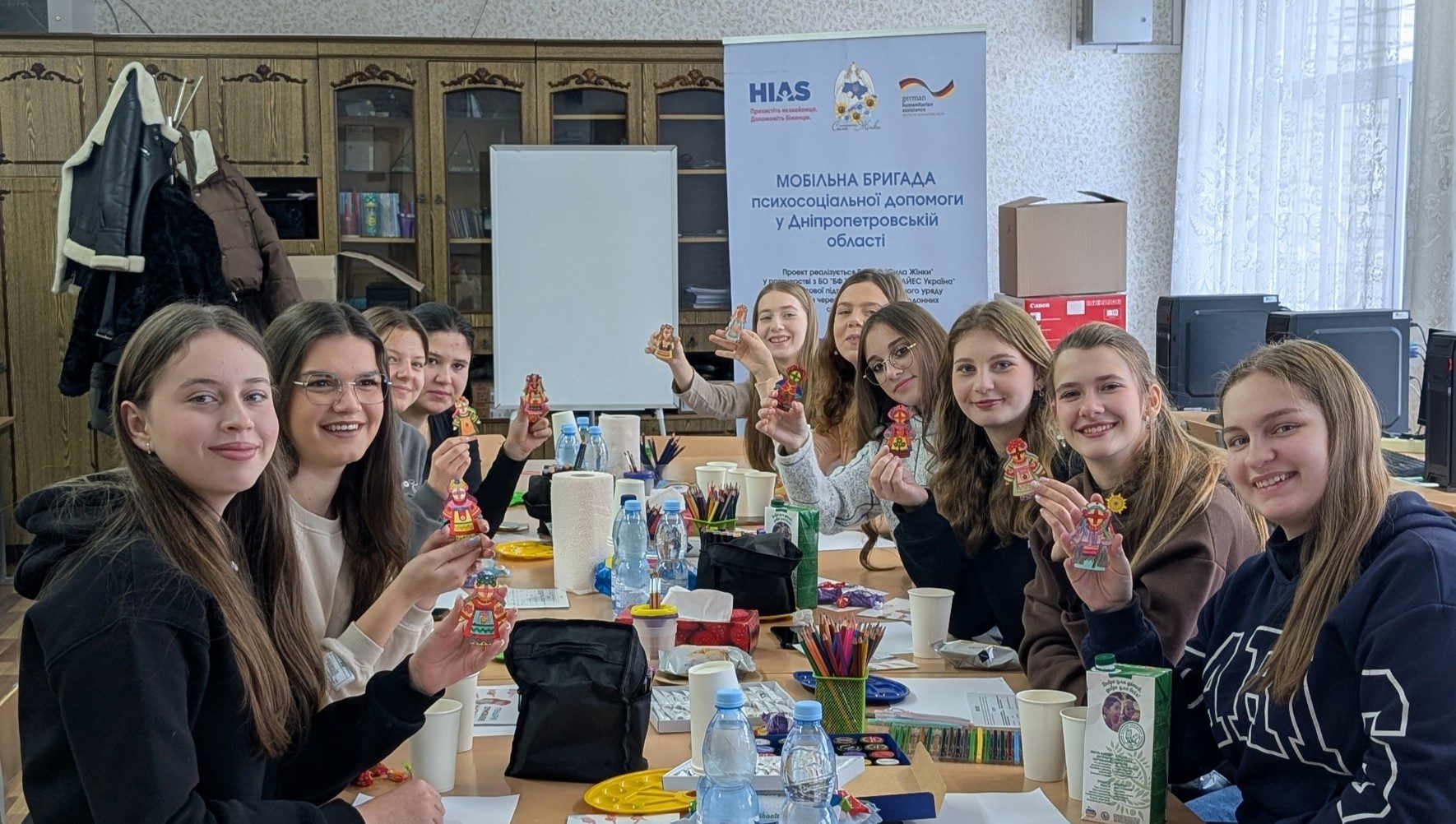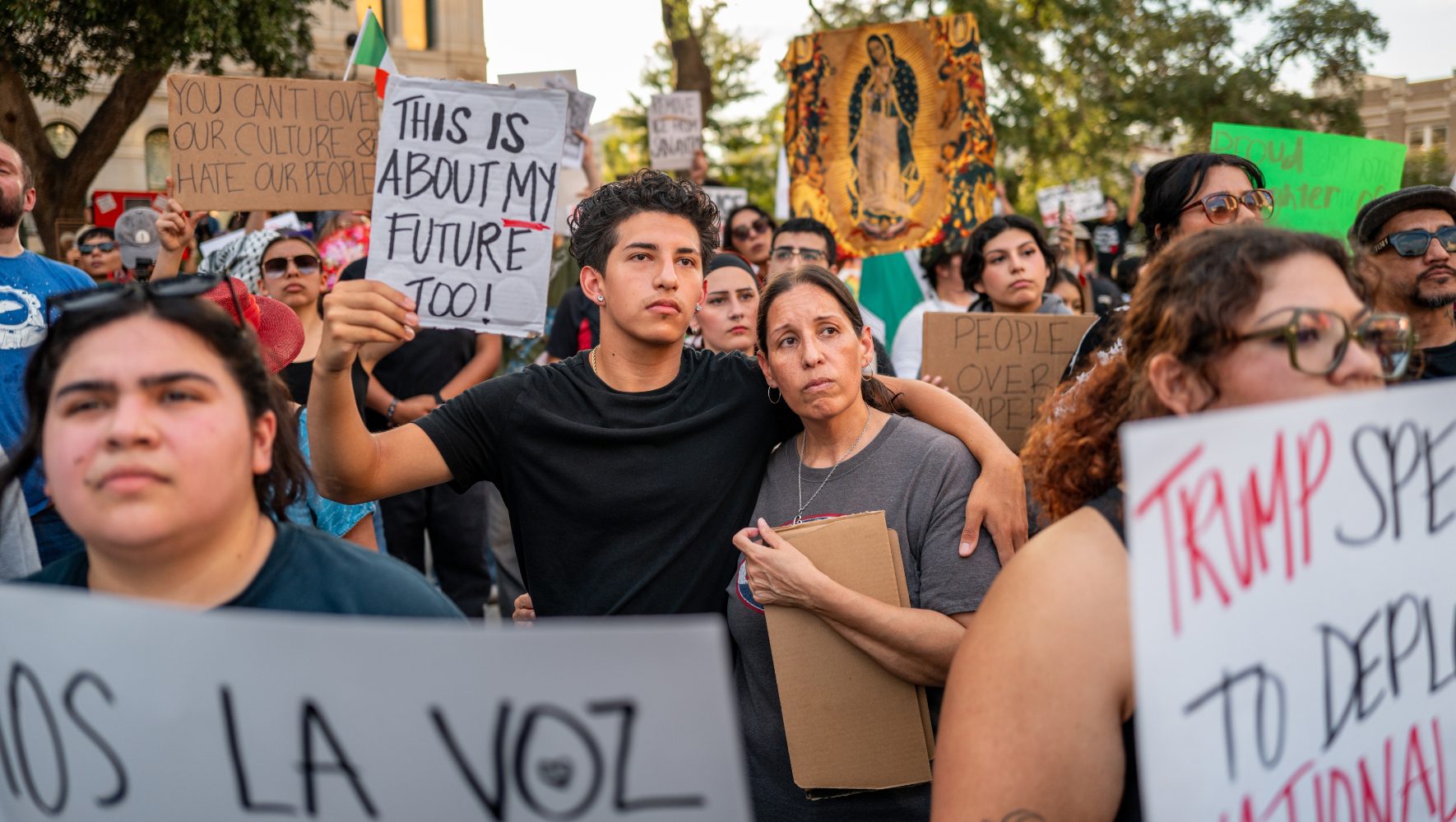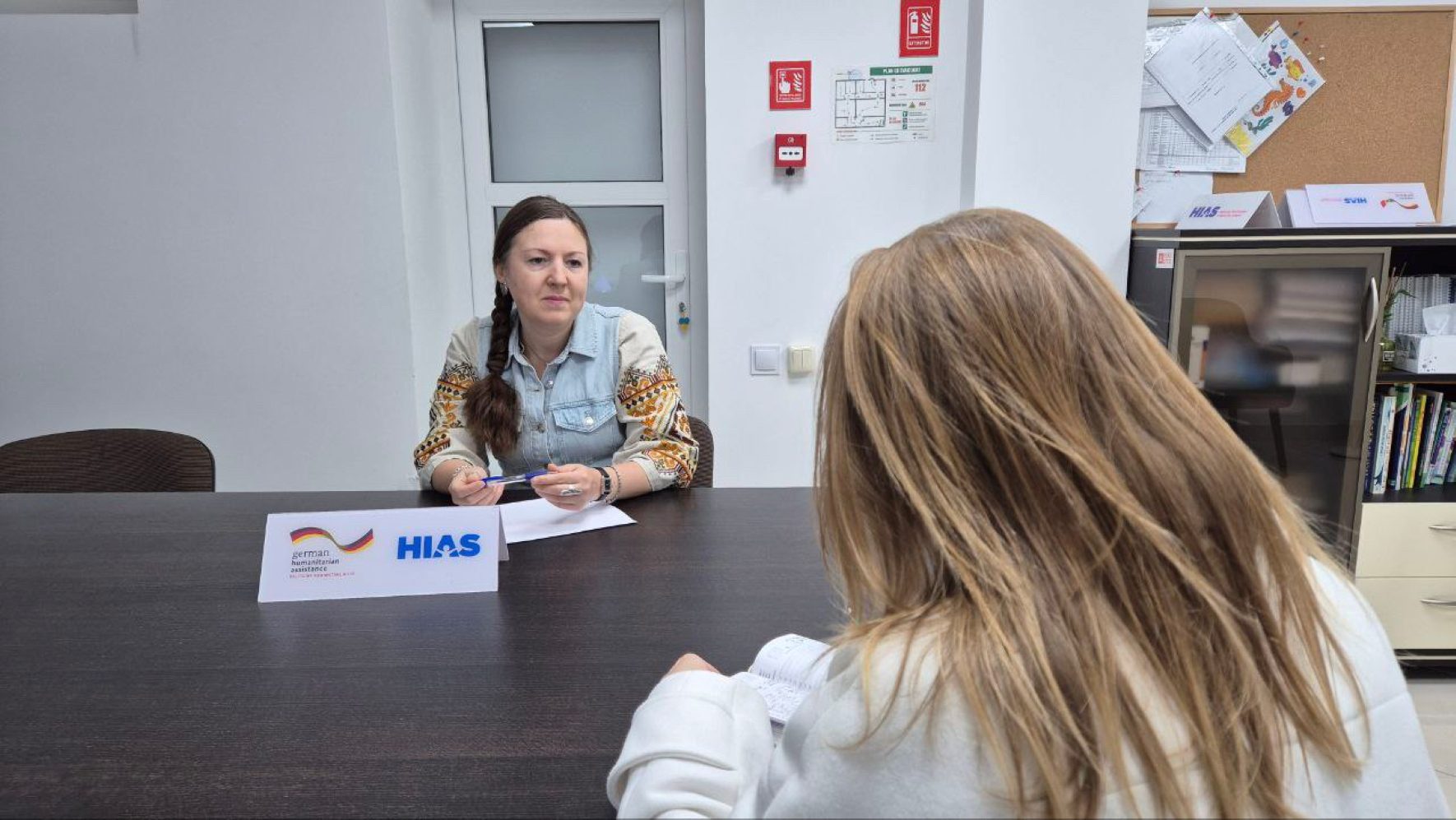New HIAS Report Examines Refugee Lives Upended By COVID-19
By Max J. Rosenthal, HIAS.org
Jun 24, 2020
 As the COVID-19 pandemic spread from country to country earlier this year, HIAS staff members around the world knew they had to act fast. Refugees and asylum seekers needed help protecting themselves from the disease, keeping their families fed and housed, and facing all of the other difficulties of life as displaced persons. But how?
As the COVID-19 pandemic spread from country to country earlier this year, HIAS staff members around the world knew they had to act fast. Refugees and asylum seekers needed help protecting themselves from the disease, keeping their families fed and housed, and facing all of the other difficulties of life as displaced persons. But how?
Even as HIAS started delivering that help — and creating new ways to safely deliver it amid lockdowns in many countries — staff members from our international programs and strategy and measurement departments began surveying hundreds of clients to find out how their lives were changing. The results, contained in a new report (also available in Spanish and French) released this month, made the situation clear: every danger refugees and asylum seekers faced before the pandemic has only gotten worse, and the need for more help is urgent.
“The COVID-19 crisis has caused a global decrease in ability to meet basic needs, posed threats to legal protection, impacted mental health and resilience, and increased both the risks and incidence of [gender-based violence],” the authors wrote.
HIAS’ Assessment of Emergency and Protection Needs report collected responses from more than 750 people receiving services from the organization in 16 countries around the world. “This assessment was crucial in gaining a deeper understanding of the changing needs of forcibly displaced people. It helped us to shape our response and make sure we’re addressing the most important and pressing problems,” said Muluemebet Hunegnaw, HIAS’ vice president of strategy and measurement.
Respondents said they were struggling to do everything from buying food to accessing mental health support or moving their legal claims forward. More than 70 percent of those surveyed said they could “no longer meet their basic needs for food (compared to about 15% before the COVID-19 situation),” the report said. “Similarly, over 60% of people are no longer able to meet their basic needs for shelter” and 60 percent were also unable to access proper hygiene, which is critical to containing the coronavirus. Many have had to take to unsafe or unsustainable actions like eating less, showering less, not paying utilities, or avoiding medical care.
Much of that strain is due to job loss. Displaced persons often work in informal jobs or service industries, and the majority of them are no longer working because of COVID-19 restrictions. The lack of income, along with the stress of meeting basic needs and the isolation of having to stay at home, has left many refugees and asylum seekers despondent.
“My family and I have been very distressed and very sad,” one displaced single mother in Ecuador told HIAS. “I feel like my strength to cope with this situation is running out, as it’s hard to get through being shut in at home without having what it takes to live.”
The situation is particularly severe for women and those who identify as LGBTQ. With many men out of work and families often required to stay home to prevent the spread of COVID-19, women, girls, and LGBTQ persons may be trapped in homes where violence is more likely. The lack of income or movement means less autonomy for those hoping to escape dangerous situations.
“The rapid needs assessment overwhelmingly indicated that the risk of gender-based violence
(GBV) has increased across all locations due to both the physical and psychological effects of the COVID-19 crisis,” the report said.
Throughout the pandemic, HIAS has adapted to try and address all of these needs. Country staffs have delivered cash and food assistance via ATMs or mobile services to avoid transmitting COVID-19; mental-health counseling, community groups, and other forms of support have moved online or to services like WhatsApp; some countries where HIAS did not previously distribute aid have added emergency assistance funds; and HIAS lawyers are helping clients with stalling asylum applications and other issues that put them in danger.
Nevertheless, as the report acknowledges, the needs of refugees and asylum seekers will keep changing — and may only grow — as the pandemic continues to run. “HIAS continues to protect the safety, health, and rights of forcibly displaced people and vulnerable host communities from risks associated with the COVID-19 crisis, and HIAS will work on an ongoing basis to monitor their immediate and changing needs,” the report concluded.
You can read the full report here and follow all of the latest news about HIAS' work during the coronavirus on our COVID-19 response page.



